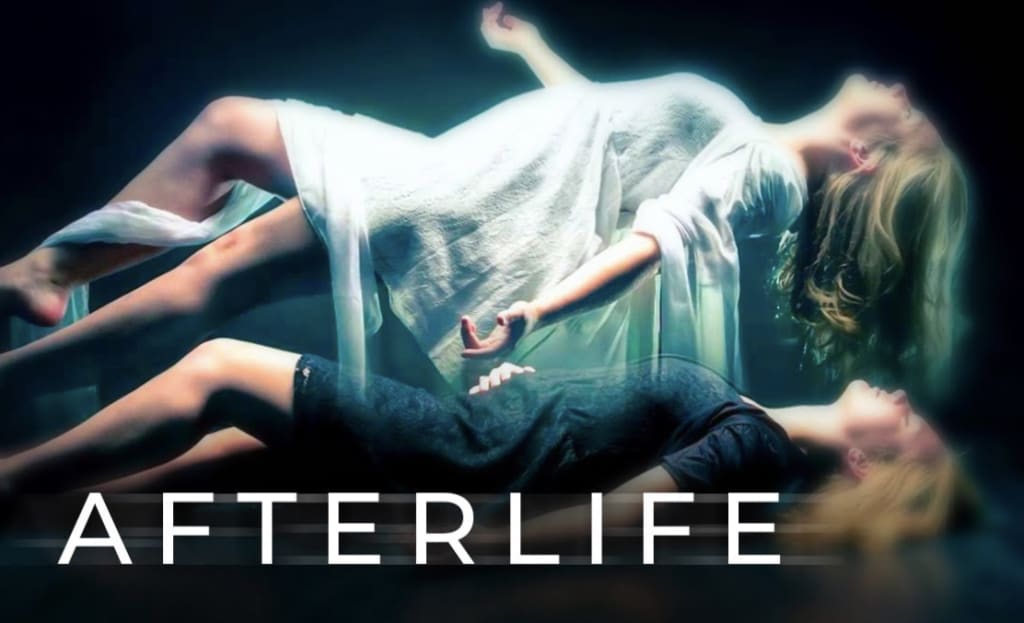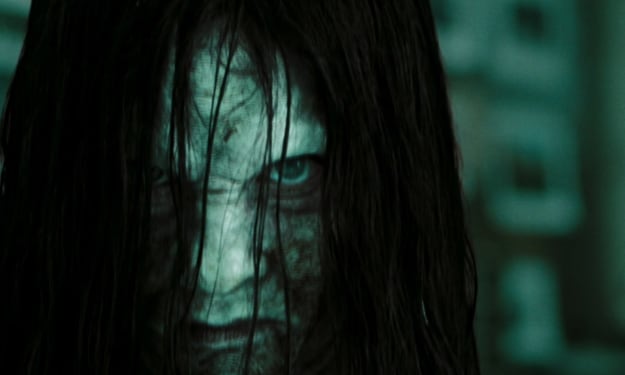
When blood is drawn, skin color changes to red then purple in 12 hours. After 3-6 hours, the body becomes stiff and muscles tense up. This can last for 24-48 hours. Without blood flow, cells release calcium and muscles contract. Bacteria break down tissue, releasing foul gas. Insects lay eggs in infected tissue and larvae eat the body. Fermentation and decay occur next, lasting up to a year. Eventually, plants and animals consume the remaining body parts. Everything breaks down and molecules are recycled over time. Check out AsapTHOUGHT for more on people's regrets before death. It's fascinating to see what people value at the end
Diverse religious perspectives exist regarding the afterlife and its consequences. Believing that death is not the end brings consolation to a lot of individuals. The promise of reward for good deeds and retribution for evil deeds is what the hereafter offers. Some others think it might possibly enable a reunion with departed loved ones. Some people think that after we pass away, that's it—there is no afterlife. Is it ever truly possible to know?
While the majority of religious people concur that life continues after death, many hold varying beliefs regarding what occurs after death. Most Muslims and Christians hold the view that after death, souls go to a realm of reward or punishment and are judged by God. It's known by Christians as heaven or hell. Purgatory is a location for those who are not good enough for heaven but not evil enough for perpetual punishment in hell, according to Catholic beliefs. To be admitted into paradise, people must undergo purification in purgatory. Muslims refer to the location of rewards in the hereafter as Janna. They refer to the site of punishment as Jahannam. The Qur'an describes Janna as a paradise full of happiness and pleasure, yet Jahannam is characterized as Although most religious people agree that life goes on beyond death, many have different ideas about what happens after death. The majority of Christians and Muslims believe that after death, souls are judged by God and go to a place of reward or punishment. Christians refer to it as either heaven or hell. According to Catholic doctrine, persons who are not wicked enough for eternal torment in hell but not good enough for heaven can go to purgatory. People must go through purgatory in order to be accepted into paradise. Muslims call the place where rewards are found in the hereafter "Janna." They call the place of retribution Jahannam. Although Janna is described in the Qur'an as a paradise full of joy and contentment, Jahannam
Scientists have been proposing since the 1980s that Near-Death Experiences (NDEs) are a form of physiological defense mechanism. This happens when the brain releases protective chemicals during trauma, leading to intense hallucinations. This idea gained momentum when it was discovered that all the typical elements of an NDE can be replicated by administering ketamine, a horse tranquilizer often abused as a recreational drug. In 2000, psychiatrist Karl Jansen authored a book titled Ketamine: Dreams and Realities, where he shared insights from interviews with recreational users. One user detailed a drug-induced experience reminiscent of spiritual encounters described by figures like Dante or in the book of Revelation. The individual described encountering a divine Light, having a profound interaction, and even reciting religious phrases despite not holding prior beliefs in a higher power.
It presents a reversal of the classic philosophical question: If a tree falls in the forest and no one is around to hear it, does it make a sound? If you are absolutely certain that you witnessed something (or felt it or heard it), does that automatically mean it is scientifically proven? Moreover, if you have a predisposition to see something, are you more likely to perceive it, similar to how Harry Potter saw his deceased mother in Hogwarts's enchanted mirror? Lastly, if you observe something while under stress, unconscious, or traumatized, does that invalidate the truthfulness of your observation? This is the dilemma with Near-Death Experiences (NDEs) as a subject of scientific inquiry: there is no control group. The majority of individuals on the verge of death do not survive (and therefore cannot recount their experience), and those who do survive encounter death in such varied ways—be it through a car accident, stroke, or heart attack—that it becomes challenging to compare their accounts in a scientific manner. Nevertheless, throughout the years, science has proposed several hypotheses regarding the relationship between visions of the afterlife and the chemical and physical processes that transpire during death.
See you Soon
About the Creator
Enjoyed the story? Support the Creator.
Subscribe for free to receive all their stories in your feed. You could also pledge your support or give them a one-off tip, letting them know you appreciate their work.






Comments (1)
😍😍